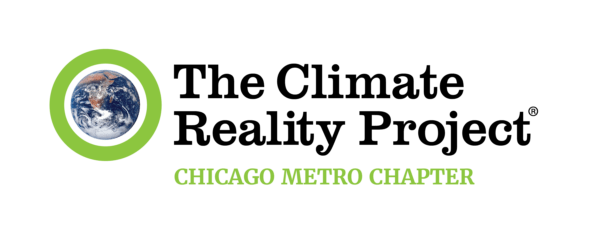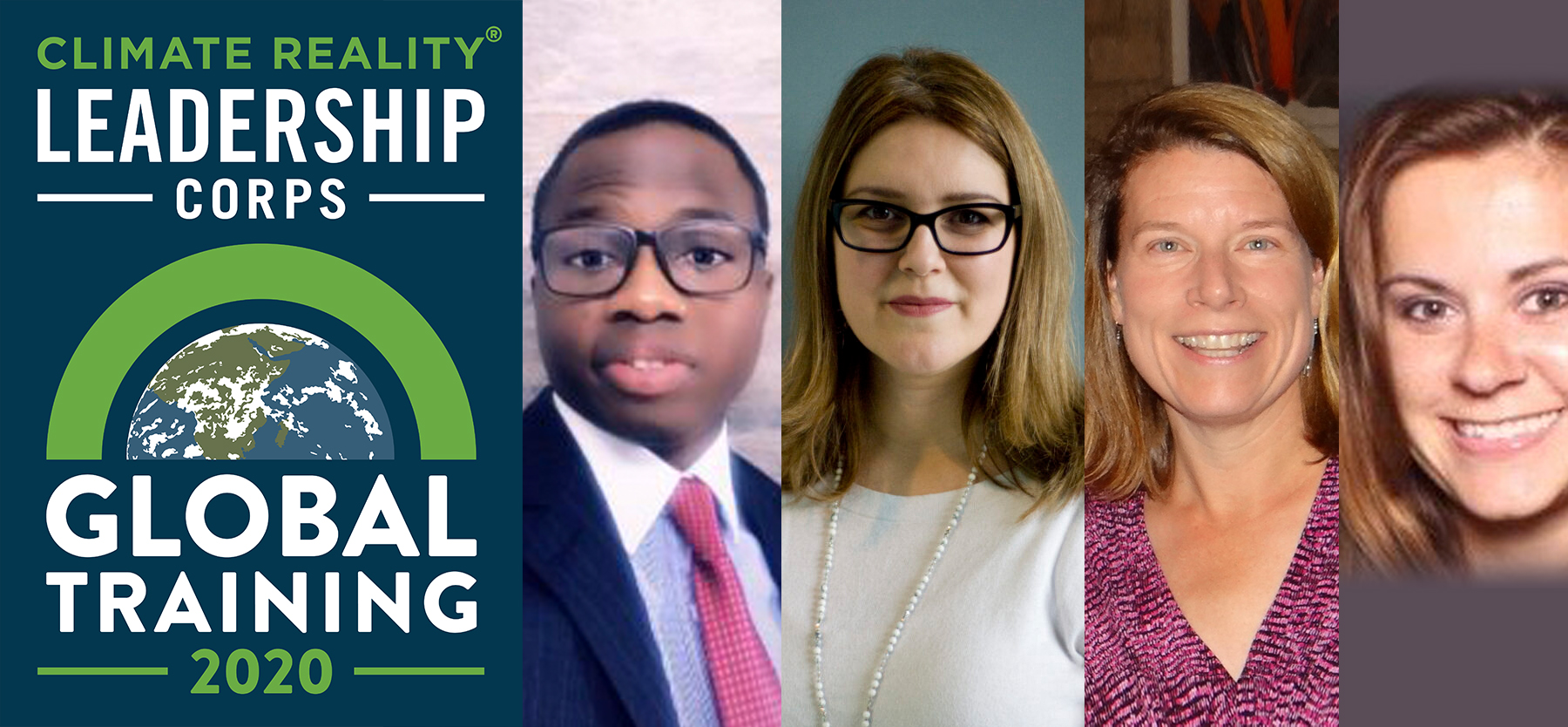
Newly Trained Leaders: Four in Focus
By Jane Goldenberg
While more than 60 people from our area completed their online training in July 2020, four agreed to be profiled: Oluwaseun Alawode, 32, an account payable specialist and entrepreneur from Chicago, Linda Kurtz, 54, an environmental engineer from Wilmette, Natalie Grimaldi, 38, from Logan Square and Katarina Topalov, 41, an environmental biology instructor from Evanston.
We asked them a series of questions about their experiences. Here are edited excerpts from their answers.
Of all that you learned, what will stick with you the most?
O.A.: The shift to renewable sources needs to happen faster to reduce emissions and mitigate the effects of climate change.
L.K.: What I found impressive is the number of Climate Leaders. With that many activists, we are sure to make a difference. (Also) The slides former Vice President Al Gore presented that covered how far along many European cities are in mandates to eliminate fossil fuels in their transportation sector. The U.S. is way behind in this regard.
N.G.: What I found surprising is that we already have the tools we need. The technology is already available, and reinvesting in existing programs will create job growth. The biggest impact is made at the local level. Cities are responsible for 70% of greenhouse gas emissions, and it’s important that citizens demand change.
K.T.: I love the sense of belonging to a community of like-minded activists working toward the common (and needed) goal. It was incredible to see the army of experts Gore has surrounded himself with, and it was also fun to meet and forge connections with fellow trainees from all walks of life.
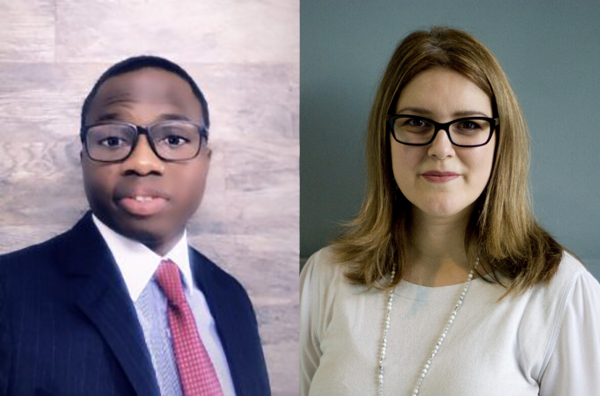
What was the most inspirational moment of the training?
O.A.: The sustainable revolution project led by former Gore, advocating for a digital revolution alongside forward-thinking Climate Reality Leaders to achieve sustainable growth and strengthen the global energy transformation.
L.K.: When the Climate Leaders were presented with awards for their commitment and work as climate activists. Hearing their stories and what they’ve done since they went through the training was very inspiring.
N.G.: Al Gore really does a fantastic job of presenting relevant information for all audiences. No matter who you are, you will gain knowledge that is practical to where you live and in return feel a sense of duty and empathy for what others are experiencing around the world.
K.T.: Gore’s presentation on climate change solutions was terrific. Even though I teach environmental biology I had no idea how many technical advancements we have already achieved, and it seems like the fossil fuel industry is in decline despite what their lobbyists may want you to think.
Did you have a favorite breakout session? Describe it.
O.A.: A discussion on how the climate crisis is affecting Illinois: the rising temperatures, extreme precipitation and flooding, among others.
L.K.: I enjoyed all of the breakout sessions, but I got the most out of the very first connection, where we met our facilitator and everyone else, to know that participants come from so many different backgrounds but that everyone has a common goal.
K.T.: My favorite was the “Ensuring a Healthy Future for All,” led by Dr. Renzo Guinto The panelists were Dr. Georges Benjamin, Adrienne L. Hollis , and Sir Michael Marmot, and they were all outstanding.
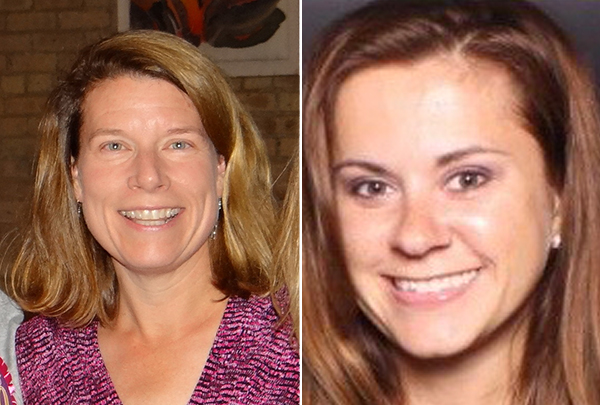
How do you plan to get active?
O.A.: To further my vision, which is helping to create a sustainable “transition town” to limit the effects of climate change in our local community.
L.K.: I’m involved in a few different areas already — leading a Green Team at work and as a board member of Go Green Wilmette. I want to get involved in influencing public policy and ensuring that legislation supports and incentivizes clean energy. I’m looking forward to getting more involved with the Chicago chapter.
N.G.: I signed up for my local chapter and plan on getting involved in what they are doing.
K.T.: As a Climate Leader, and as a board member of Evanston Environmental Association, I am hoping to start a series of panel discussions on environmental topics of concern to the local community. Finally, I will be presenting what I’ve learned to my students and the college community in general.
How did you learn about the Climate Reality training?
O.A.: Through a member and panelist of the Climate Reality Project, David Michael Terungwa (the founder and executive director of the Global Initiative for Food Security and Ecosystem Preservation in Nigeria).
L.K.: I was given the opportunity to participate in the training on behalf of my organization: Mars Wrigley.
N.G.: Most likely I saw the name Al Gore — well known for his climate change work — and thought whatever he is doing right now, I want to be a part of.
K.T.: From fellow Evanstonian, Climate Reality Leader Rachel Rosner.
Did the online platform make it easier for you to get trained? Any advantages, disadvantages?
O.A.: One of the tipping points that influenced my decision was the passion for online training and the favorable cost benefit… More comfortable learning environment, more interaction and better concentration. That is really awesome to me. The disadvantage is less social interaction.
L.K.: The online training was likely the reason why I had the opportunity since it meant no travel cost. The downside is that networking is more difficult.
N.G. The online access lowered the barrier of hesitancy toward attending something new. It was well worth my time to attend, and I will attend in person in the future. I love the energy you gain from being in a packed room… and in-person meetings to get to know others better. Virtual attendance would be a great idea to offer first-timers.
K.T. It was much easier to attend the online program. I have two little kids at home, and this way I did not have to leave them. A big advantage is the ease of working live streams, on-demand videos and meetups into your weekly schedule. The disadvantages were not being able to hear the buzz of a conference room full of attendees, lack of quick conversations in a hallway or chatting with fellow trainees over breakfast or a drink at the end of another exciting day. I would have attended the in-person one, as well.
